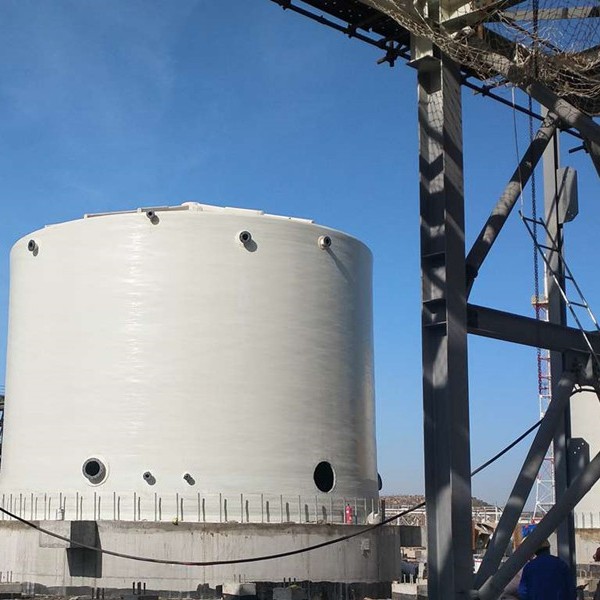
-
 Afrikaans
Afrikaans -
 Albanian
Albanian -
 Amharic
Amharic -
 Arabic
Arabic -
 Armenian
Armenian -
 Azerbaijani
Azerbaijani -
 Basque
Basque -
 Belarusian
Belarusian -
 Bengali
Bengali -
 Bosnian
Bosnian -
 Bulgarian
Bulgarian -
 Catalan
Catalan -
 Cebuano
Cebuano -
 China
China -
 China (Taiwan)
China (Taiwan) -
 Corsican
Corsican -
 Croatian
Croatian -
 Czech
Czech -
 Danish
Danish -
 Dutch
Dutch -
 English
English -
 Esperanto
Esperanto -
 Estonian
Estonian -
 Finnish
Finnish -
 French
French -
 Frisian
Frisian -
 Galician
Galician -
 Georgian
Georgian -
 German
German -
 Greek
Greek -
 Gujarati
Gujarati -
 Haitian Creole
Haitian Creole -
 hausa
hausa -
 hawaiian
hawaiian -
 Hebrew
Hebrew -
 Hindi
Hindi -
 Miao
Miao -
 Hungarian
Hungarian -
 Icelandic
Icelandic -
 igbo
igbo -
 Indonesian
Indonesian -
 irish
irish -
 Italian
Italian -
 Japanese
Japanese -
 Javanese
Javanese -
 Kannada
Kannada -
 kazakh
kazakh -
 Khmer
Khmer -
 Rwandese
Rwandese -
 Korean
Korean -
 Kurdish
Kurdish -
 Kyrgyz
Kyrgyz -
 Lao
Lao -
 Latin
Latin -
 Latvian
Latvian -
 Lithuanian
Lithuanian -
 Luxembourgish
Luxembourgish -
 Macedonian
Macedonian -
 Malgashi
Malgashi -
 Malay
Malay -
 Malayalam
Malayalam -
 Maltese
Maltese -
 Maori
Maori -
 Marathi
Marathi -
 Mongolian
Mongolian -
 Myanmar
Myanmar -
 Nepali
Nepali -
 Norwegian
Norwegian -
 Norwegian
Norwegian -
 Occitan
Occitan -
 Pashto
Pashto -
 Persian
Persian -
 Polish
Polish -
 Portuguese
Portuguese -
 Punjabi
Punjabi -
 Romanian
Romanian -
 Russian
Russian -
 Samoan
Samoan -
 Scottish Gaelic
Scottish Gaelic -
 Serbian
Serbian -
 Sesotho
Sesotho -
 Shona
Shona -
 Sindhi
Sindhi -
 Sinhala
Sinhala -
 Slovak
Slovak -
 Slovenian
Slovenian -
 Somali
Somali -
 Spanish
Spanish -
 Sundanese
Sundanese -
 Swahili
Swahili -
 Swedish
Swedish -
 Tagalog
Tagalog -
 Tajik
Tajik -
 Tamil
Tamil -
 Tatar
Tatar -
 Telugu
Telugu -
 Thai
Thai -
 Turkish
Turkish -
 Turkmen
Turkmen -
 Ukrainian
Ukrainian -
 Urdu
Urdu -
 Uighur
Uighur -
 Uzbek
Uzbek -
 Vietnamese
Vietnamese -
 Welsh
Welsh -
 Bantu
Bantu -
 Yiddish
Yiddish -
 Yoruba
Yoruba -
 Zulu
Zulu
frp field tank
The Role and Importance of FRP Field Tanks in Modern Applications
Fiberglass Reinforced Plastic (FRP) field tanks have emerged as a vital component in various industries, offering a diverse range of benefits that enhance storage and processing capabilities. These tanks, crafted from a unique composite material, are essentially composed of a polymer matrix reinforced with fibers, typically fiberglass. The fusion of these materials results in a product that is not only lightweight and corrosion-resistant but also versatile in accommodating different environmental conditions and applications.
One of the primary advantages of FRP field tanks is their exceptional resistance to corrosion. Unlike traditional materials such as steel or concrete, which can easily degrade when exposed to harsh chemicals or weather conditions, FRP offers superior durability. This characteristic makes FRP field tanks especially suitable for storing aggressive chemicals, water, and other fluids that can cause significant damage to conventional tanks. Industries such as chemical manufacturing, water treatment, and oil and gas frequently utilize these tanks due to their ability to withstand adverse environments.
The Role and Importance of FRP Field Tanks in Modern Applications
The sustainability aspect of FRP field tanks cannot be overlooked either. As industries strive to minimize their environmental impact, the use of FRP materials provides an opportunity to lower carbon footprints. These tanks can be designed for reuse and recycling, thus aligning with the growing emphasis on sustainable practices. Furthermore, the longevity of FRP tanks means that they do not frequently need replacing, leading to less waste and resource consumption over time.
frp field tank

In terms of safety, FRP field tanks excel as well. Their inherent properties include non-conductivity and resistance to temperature variations, which are crucial for applications where electrical safety and thermal stability are concerns. These features make FRP tanks a preferred choice in industries that prioritize operational safety and risk management.
Another significant aspect of FRP field tanks is their ease of maintenance. Traditional tanks often require extensive upkeep due to corrosion and other structural vulnerabilities. In contrast, FRP tanks typically demand less regular maintenance, allowing companies to allocate resources effectively and focus on overall efficiency. Regular inspections and basic cleaning can often suffice to keep these tanks functioning optimally.
Despite the numerous benefits, it is crucial for organizations to work with reputable manufacturers when sourcing FRP field tanks. Quality control during the production process can significantly influence the tank's performance and longevity. Companies should prioritize suppliers who adhere to industry standards and use high-grade materials to ensure they get the best product for their requirements.
In conclusion, FRP field tanks are revolutionizing the way industries approach fluid storage and management. With their remarkable strength, resistance to corrosion, design versatility, and low maintenance requirements, they offer unparalleled advantages over traditional storage solutions. As the demand for efficient and sustainable storage options continues to grow, the role of FRP field tanks is set to expand, further solidifying their importance in a wide array of sectors. As such, both current and future applications of FRP technology promise to enhance operational efficiency, safety, and environmental sustainability, ensuring these tanks remain at the forefront of industrial storage solutions for years to come.
Latest news
-
Molded Fiberglass Grating Durable & Corrosion-Resistant SolutionsNewsJun.01,2025
-
Rock Drilling Tools for Tunnels Heavy-Duty Specially-Designed SolutionsNewsJun.01,2025
-
GRP, Fiberglass & FRP Products for Thermal & Nuclear Power Plants Durable SolutionsNewsJun.01,2025
-
Durable FRP Chemical Storage Tanks Corrosion-Resistant SolutionsNewsJun.01,2025
-
Durable Fiber Water Tanks - Lightweight & Corrosion-Resistant SolutionsNewsJun.01,2025
-
FRP Rectangular Tanks Custom Sizes & Corrosion-Resistant DesignNewsJun.01,2025









